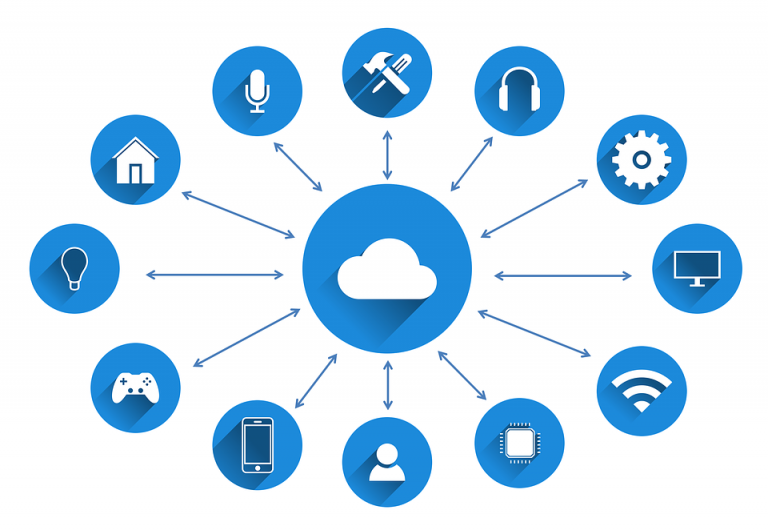Course content:
- Introduction to Smart traffic
- Smart vehicles and smart parking system
- Developing system for noise measurement in Smart traffic
- Developing IoT systems for vibration measurement caused by traffic
Smart traffic. Intelligent transportation system. Use of Internet of things in traffic and transport. Use of wireless sensor networks in traffic. Designing Smart traffic. IoT infrastructure development for smart traffic. Prototypes development using Arduino microcontroller, Raspberry PI microcomputer, analog and digital sensor.
Smart cars. Autonomous vehicles. Vehicle-to-vehicle (V2V) communication. Designing smart parking system. Solution development for smart parking system.
Arduino, Raspberry Pi and Android system development for noise measurement. Web service development for collecting data and storing in MongoDb database. Web application development for visualization and analysis of provided data.
Arduino, Raspberry Pi and Android system development for vibration measurement. Using developed IoT system for vibration measurement caused by traffic. Using developed IoT system for vibro-comfort measurement in public transport.
Course is free of charge for all participants. Theoretical and practical teaching will be organized in office 304 at Faculty of Organizational Sciences. All the participants are obliged to take a project related to the areas within the course.
Each participant who attends the classes and successfully completes the final project receives a certificate at the end of the course. For students or future students of Faculty of Organizational Sciences, the part of pre-exam obligations in one of the Elab subjects (depends on level of study) will be considered as completed, based on received certificate:
- Internet of things – undergraduate studies
- Selected chapters from Internet of things – master studies
- Ubiquitous computing and Internet of things – particular postgraduate studies
- Internet of things – selected chapters – PhD studies
 Department of e-business University of Belgrade, Faculty of organizational sciences
Department of e-business University of Belgrade, Faculty of organizational sciences

